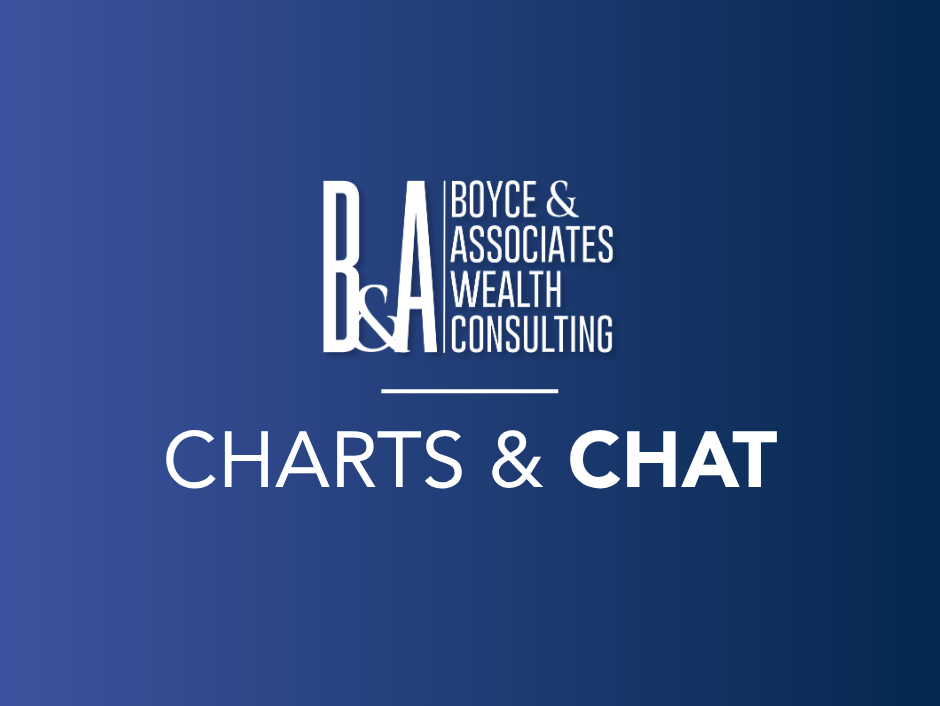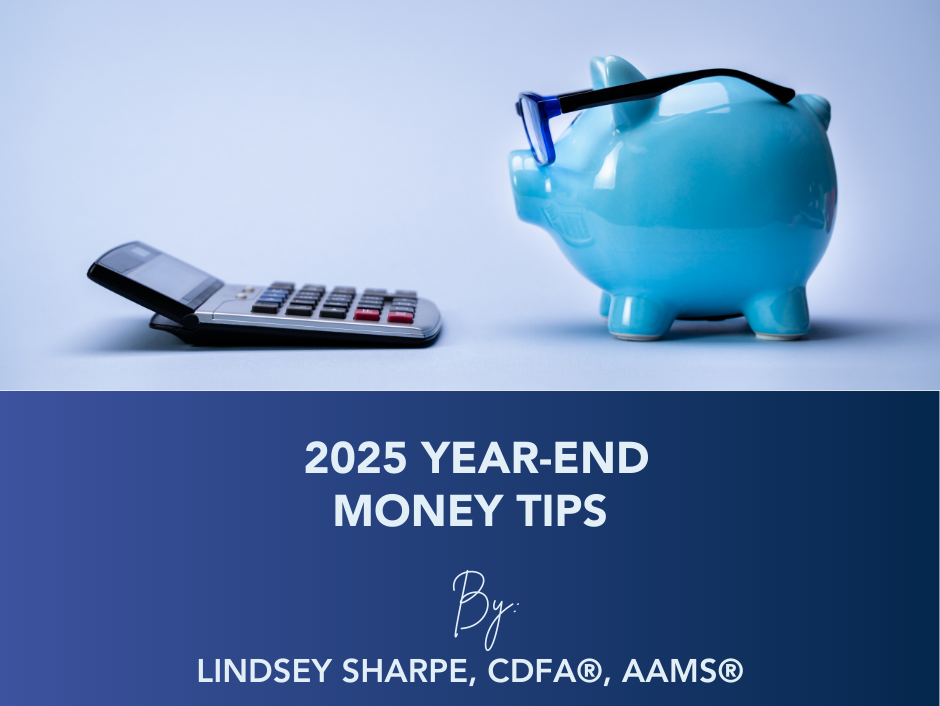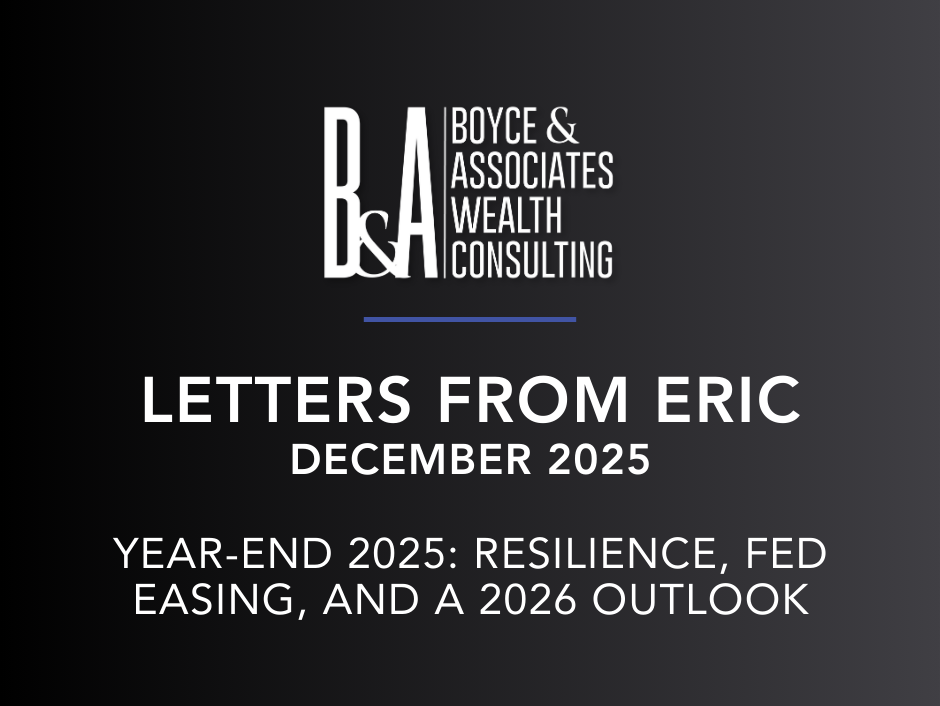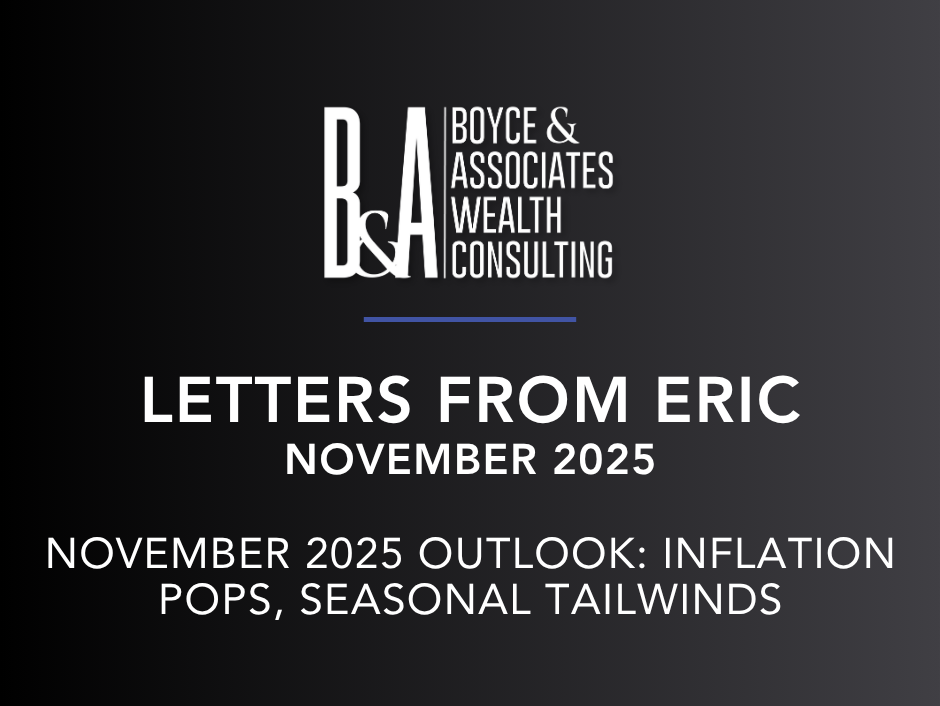Spring Transition: Low Volatility, Infra Tailwinds
Newsletter — March 2025
Dear Clients and Friends,
As winter thaws and spring breathes new life into the world around us, the financial markets, too, are experiencing a period of transition. While uncertainties remain, there are emerging signs of growth and resilience that warrant a cautiously optimistic outlook for the spring of 2025.
The global economy continues to navigate a complex landscape. Inflation, while still a factor, appears to be moderating in many regions but remains sticky in others, including the US. Central banks are carefully balancing the need to control inflation with the desire to avoid stifling economic growth. The anticipation of announced tariffs has led to considerable trade policy uncertainty, which in turn has presented unprecedented challenges for monetary policy forecasting. We will simply have to monitor the ongoing effects and the persistency of these “taxes” on trade for their ultimate impact on the investment markets. In addition, geopolitical tensions remain a concern and could introduce volatility into the markets.
Outside of trade, the domestic economy is on reasonably good footing. The consumer remains healthy for the most part, and announced fourth quarter earnings have been good, if not great. The message coming out of earnings season has echoed a little bit of caution, however, and I can see the potential for companies taking a more defensive posture regarding working capital and capital spending in the coming months. That, coupled with the potential for lower government spending and net trade could set the stage for slower economic growth in the second half of the year.
From a market perspective, valuations remain somewhat mixed; however, volatility remains notably low. Select sectors, particularly those focused on infrastructure, offer attractive longer term investment opportunities, given the recent trend toward onshoring. Careful fundamental analysis and a long-term perspective remain crucial in this environment, though. With interest rates likely higher for longer, fixed income returns are more a function of yield than price appreciation. Credit spreads remain tight, consistent with high levels of economic confidence. Meanwhile, we still believe alternative investments, such as private equity and hedge funds, can provide meaningful diversification and potentially enhance returns.
We anticipate a period of measured growth, with potential for upside surprises if inflation recedes more quickly than anticipated or if the rhetoric surrounding tariffs softens a bit.
In conclusion, the spring of 2025 presents an interesting confluence of factors for investors. While challenges remain, we believe that a prudent and well-diversified approach can help investors achieve their long-term financial goals. We encourage you to contact us to discuss your specific investment objectives and how we can help you navigate the current market environment.
My best,
Eric Boyce, CFA
President & CEO
Forward-looking statements, estimates, and certain information contained herein are based upon proprietary and non-proprietary research and other sources. Information contained herein has been obtained from sources believed to be reliable but are not assured as to accuracy. Past performance is not indicative of future results. There is neither representation nor warranty as to the current accuracy of, nor liability for, decisions based on such information.
Risks: All investments, including stocks, bonds, commodities, alternative investments and real assets, should be considered speculative in nature and could involve risk of loss. All investors are advised to fully understand all risks associated with any kind of investment they choose to make. Hypothetical or simulated performance is not indicative of future results.
Investment advisory services offered through Boyce & Associates Wealth Consulting, Inc., a registered investment adviser. Boyce & Associates Wealth Consulting, Inc. has Representatives Licensed to sell Life Insurance in TX and other states.
